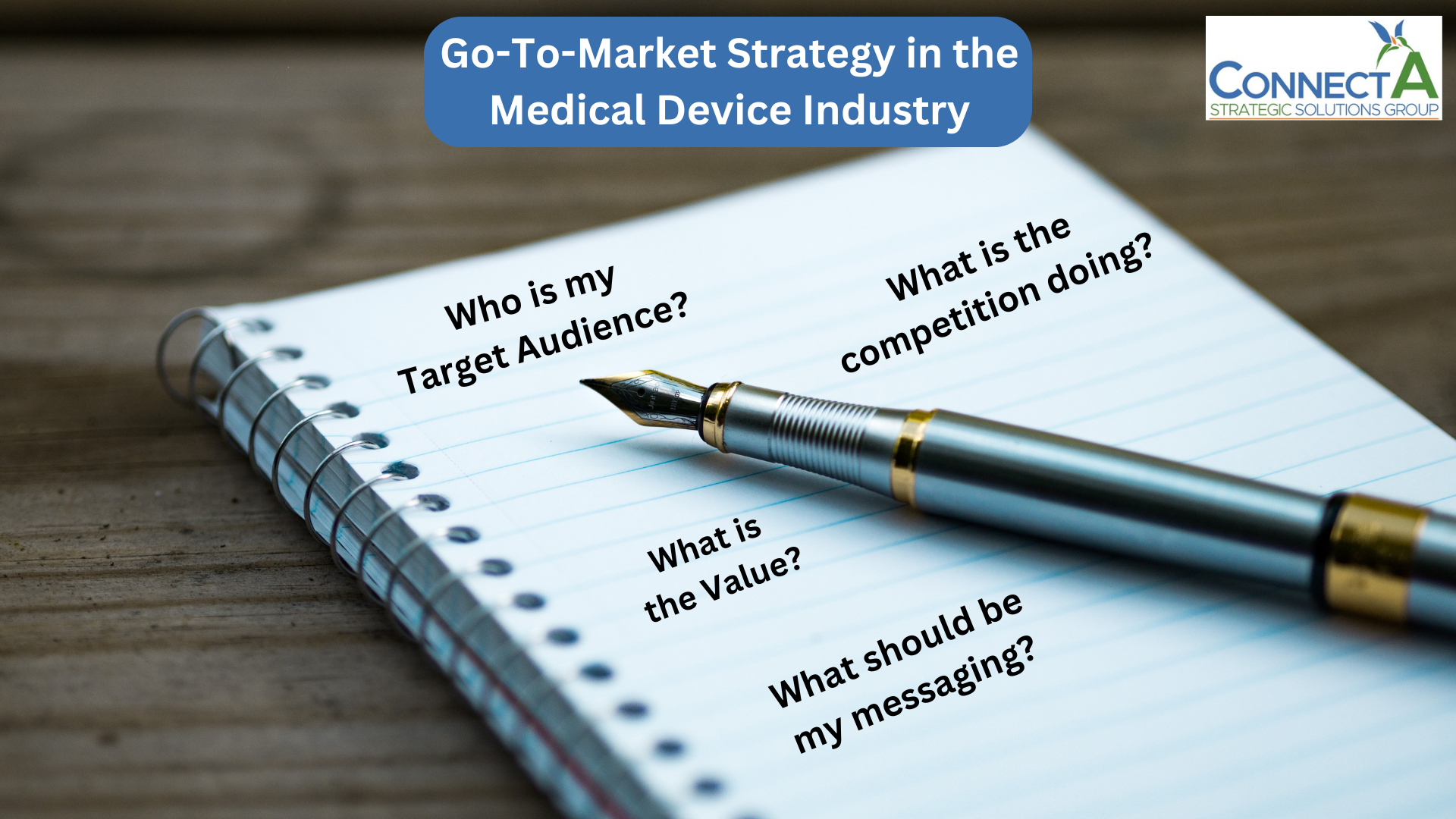Tips for writing great posts that increase your site traffic
Is Irrational Thinking Sabotaging Your Workplace Success?
Here’s how to find out...
When’s the last time you ‘thought’ something that turned out not to be true? If you’re like most people it likely happens at least a few times a month. Whether it’s misinterpreting a text message, reacting to something we read online, or responding to a comment from a coworker – there are so many interactions in our lives that have to be precisely interpreted... Lest we “over” or “under” react.

But can you really know when you’re thinking irrationally? And to be clear, irrational thinking is not something that makes you detach from reality. In fact, it’s a natural part of how our brains are programmed in high stress, emotional situations.
Because when we are in a heightened state of emotion (like during an argument), our brain activates the amygdala which triggers our fight or flight response. When this happens, we produce a flood of chemicals – particularly cortisol and adrenaline – which further heightens our emotions and effectively shuts down our frontal cortex – where reasoning and logic reside.
In that moment, we are quite literally being driven solely by our emotions. So, you can imagine that if this happens again and again in the workplace, this can lead to emotionally driven decisions that can sabotage or derail the level of performance and relationships that you want.
However, the tricky part is that in the moment, we may not recognize that what we think is erroneous unless we develop a strong sense of awareness around the types of situations that may trigger our irrational thinking.
So, to get you started, we’ve created a 10-question scorecard to help you pinpoint how often irrational thinking may be impacting you in the office or within your teams.
- Do you practice all-or-none thinking? Either things are all perfect or things are all going wrong. For example: The manager never followed up on the project I submitted, so they must think that I did a poor job.
- Do you overgeneralize situations as ‘always’ happening? Even when there is evidence that they are rare incidents? For example: Every time I have to work with Person A, we never get the project done on time.
- Do you find yourself letting one negative thing derail your day? We call this applying a negative mental filter. For example: You had a great morning meeting with your team. However, when you got back to your desk you read an email from a client who wanted to meet with you about errors in the project they received. For the rest of the day, you had a very hard time shifting your energy back to focus on your other work and ended up not getting anything done.
- Do you overlook the positive that happens at work? Because you dismiss it as being a “fluke” or a rarity. For example: Your manager praised your recent work and highlighted your success in a company-wide email. However, since the next project was assigned to a colleague (and not you again), you concluded that you must not have done “a good enough job”.
- Do you jump to conclusions even if there is no (or little) evidence to support it? For example: A client told you that they would follow up with you in 24 hours to move forward with the project. When you didn’t hear back after 2 days you assumed they hired someone else and never followed up.
- Do you tend to magnify a small detail or experience into something much larger? For example: You received a raving performance review. However, one small section highlighted areas for improvement, and it made you worry that you wouldn’t get your annual performance bonus.
- Do you find your emotions shaping how you see yourself? For example: You miss an important deadline with a big client because you had a family emergency. This makes you feel extremely embarrassed (because it’s never happened before) and you start to believe that your team thinks you can’t handle the work.
- Are you stuck on telling yourself that you “should”? For example: You don’t have enough information to finish a project, but you convince yourself that you “should” be able to figure it out even if it takes you double the amount of time.
- Do you label yourself and/or others because of isolated events? For example: A co-worker you’ve never worked with misses a recent deadline for a project, so you label them (in your mind) as being lazy, irresponsible, and someone who doesn’t take their work seriously.
- Do you take events or feedback personally? Even when you know it may be outside of your control. For example: The department has to lay off 5 employees and you blame it on yourself and your team for not working hard enough to hit their financial goal.
If you answered “yes” to more than 3 of the above questions, then irrational thinking could be negatively impacting how you are showing up in the workplace.
If you’d like some support in shifting your answers to a “no” and learning how to move beyond your emotions to show up powerfully in all that you do – then let’s connect.
I work with performance-driven leaders and teams to help them stay in control of their emotions so they can accurately assess situations to empower their teams, themselves, and their entire organization.












